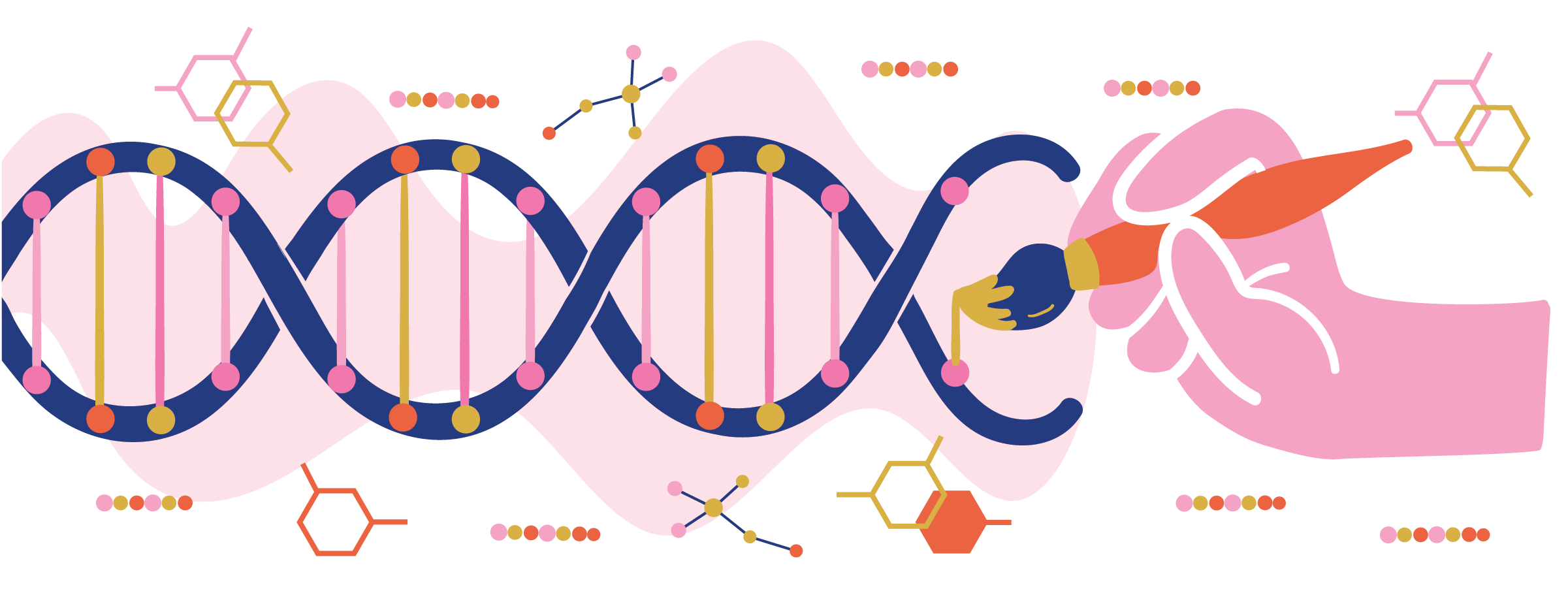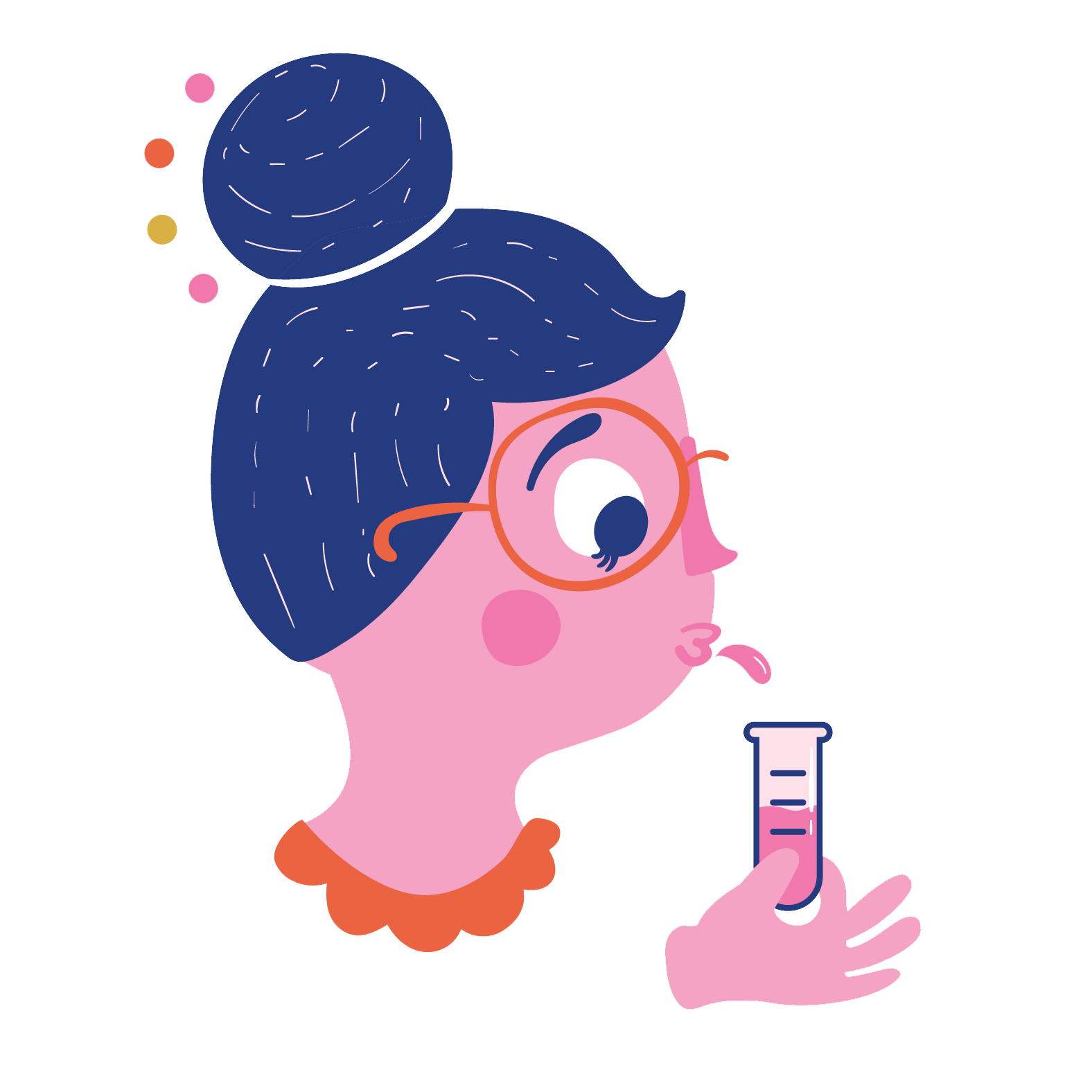 After years of trying to lose weight, Don Morton was almost ready to give up. He wore a Fitbit fitness tracker, even rotating through a few models, but he still wasn’t succeeding. Then he discovered the Fitbit app.
After years of trying to lose weight, Don Morton was almost ready to give up. He wore a Fitbit fitness tracker, even rotating through a few models, but he still wasn’t succeeding. Then he discovered the Fitbit app.
“At first, my Fitbit was just counting my steps,” Morton explains. “But once I discovered all the tracking pieces on the app that sync my daily activities and my body’s responses, my entire life changed.”
By using the app to track calories consumed, calories burned and physical activity beyond steps taken, the 48-year-old from Merced, California, lost 30 pounds in just three months. Being able to see clear evidence of his calorie intake made him get serious about it, regularly checking his progress on his Fitbit to see if he could handle eating that extra slice of pizza and washing it down with a beer. He’d track his workouts at the gym, and he wouldn’t stop until he met his goals. His strength and fitness level improved so much, in fact, that he was able to compete in his first powerlifting competition in June, coming in first for his age and weight division. Next up, he’ll tackle his sleep quality—his Fitbit reveals that he’s not adequately cycling through all the beneficial stages each night.
For now, though, he’s eager to share his experiences with other fitness-tracker users. “A device like the Fitbit gives you a lot of data, but that won’t change anything if you really don’t know how to use it,” cautions Morton. “Because what good is having all that data about your body if you don’t do anything with it?”
One size doesn't fit all
Using a fitness tracker is a very basic example of a popular trend in health care called personalized medicine. Experts watching this trend say it’s a result of two powerful currents in modern culture: the advent of health care consumerism combined with the strong focus on customization in the digital age. In a clinical setting, a simple example of personalized medicine is to measure a patient’s blood level of homocysteine. High levels could indicate the patient has an enzymatic variant in metabolite processing, thus increasing her need for the nutrient folate. Advice to this patient may be to increase the amount of foods she eats that contain folate: spinach, beans and avocado, for example.
When it comes to personalized health, knowing what to do with all the data is key. This field of health care—also called personalized medicine, precision medicine or stratified medicine—tailors health care decisions to individuals’ specific needs. There are roughly 7.6 billion people in the world, and no two are exactly alike; even identical twins can have genetic variants. It makes sense, then, that a personalized approach to health care (or disease management, or weight loss) is preferable to a one-size-fits-all method.
 Experts in the field sometimes explain personalized health care with a car analogy. Modern autos have sophisticated sensors that alert us when we’re almost out of gas, an oil change is needed or the engine is overheating. To keep the car running smoothly, we must either do routine maintenance ourselves (filling the tank), seek the help of a professional as soon as it’s convenient (scheduling an oil change), or stop the car and get immediate assistance (if steam is spewing from under the hood, for example). Shouldn’t our bodies have the same options as our cars?
Experts in the field sometimes explain personalized health care with a car analogy. Modern autos have sophisticated sensors that alert us when we’re almost out of gas, an oil change is needed or the engine is overheating. To keep the car running smoothly, we must either do routine maintenance ourselves (filling the tank), seek the help of a professional as soon as it’s convenient (scheduling an oil change), or stop the car and get immediate assistance (if steam is spewing from under the hood, for example). Shouldn’t our bodies have the same options as our cars?
Personalized health care isn’t technically a new concept; nearly 2,500 years ago, Hippocrates, the Greek physician heralded as “the father of medicine,” reportedly customized medical treatments to account for each patient’s physique and age, as well as the seasons of the year.
Today, scientific and technological advances over the past 30 years or so have created opportunities in personalized health care that go far beyond what Hippocrates was attempting.
Sharing genetic data
Consumers now take a much more active role in their health care decisions than ever before. Even so, some might be surprised to learn that they’ve already been participants in personalized health care without realizing it. More than 500 million people worldwide now have a connected wearable device like a Fitbit or smartwatch, and that number is expected to increase to more than 900 million by 2021. DNA testing, used in criminal investigations since only the mid-1980s, can now be done quickly and easily using a variety of at-home testing kits. The results can shed light on a wide range of questions, for example: Who’s the dad? What diseases am I prone to? Will my child have a unibrow? Should I eat more cauliflower?
And in April 2003, scientists completed the Human Genome Project (HGP) after nearly 15 years; it maps the more than 20,000 human genes, with one of the goals being to gain a greater understanding of how life works and therefore better diagnose and treat human disorders. In 2001, Francis Collins, then director of the National Human Genome Research Institute, noted, “[The HGP] is … an incredibly detailed blueprint for building every human cell. And it’s a transformative textbook of medicine, with insights that will give health care providers immense new powers to treat, prevent and cure disease.”
 Although the available technologies are advancing and scientific research is continuing, the changes in our health care system are happening gradually. In his 2015 State of the Union Address, President Barack Obama launched the Precision Medicine Initiative (PMI), which acknowledges that the generic approach to treatment does not always work because of the differences in our genes, environments and lifestyles. In announcing the program, Obama called precision medicine “one of the greatest opportunities for new medical breakthroughs that we have ever seen,” as it promises to deliver “the right treatments at the right time, every time, to the right person.”
Although the available technologies are advancing and scientific research is continuing, the changes in our health care system are happening gradually. In his 2015 State of the Union Address, President Barack Obama launched the Precision Medicine Initiative (PMI), which acknowledges that the generic approach to treatment does not always work because of the differences in our genes, environments and lifestyles. In announcing the program, Obama called precision medicine “one of the greatest opportunities for new medical breakthroughs that we have ever seen,” as it promises to deliver “the right treatments at the right time, every time, to the right person.”
Through the All of Us Research Program, a PMI project launched in 2016, the National Institutes of Health (NIH) aims to collect and analyze large sets of health data from 1 million or more U.S. residents over ten years. Volunteers are asked to complete online health surveys, and may also be asked to provide blood and urine samples or share data from their wearable devices. According to the NIH, the data will eventually “improve health outcomes, fuel the development of new treatments for disease, and catalyze a new era of evidence-based and more precise preventive care and medical treatment.”
The American Medical Association (AMA) is also on board with personalized medicine; its website offers discussions on the topic, as well as a list of resources for physicians looking to integrate it into their health care services. But the AMA also maintains that, before personalized medicine can become mainstream, there are still several policy questions to be answered, such as how to protect DNA information to avoid discrimination against people based on their genetics.
Other organizations, like the Personalized Medicine Coalition (PMC), based in Washington, D.C., are dedicated to education and advocacy surrounding the potential of personalized medicine.
“The PMC recognizes that paradigm shifts, especially in medicine, do not happen just because the science or new technologies suggest they should,” says Edward Abrahams, PhD, the group’s president. “But we seek to raise the profile of personalized medicine so that patients, providers and payers understand that increasing investment in linking therapy to diagnostics leads to better clinical outcomes for patients and a more efficient health system.”
What's your DNA telling you?
With at-home DNA or DTC tests, known as direct-to-consumer tests, the power is in your hands—no more playing phone tag with a busy doctor’s office or trying to squeeze test results out of them a week after you were told they’d be available. The number of people taking DTC tests more than doubled in 2017, exceeding 12 million by the end of that year.
Consumers also know the testing price ahead of time, rather than waiting anxiously for their medical bill to arrive; most testing companies regularly offer specials that bring the price under $100 (see “Delivered: At-home health tests”).
 The reaction among health care providers to DTC tests is as varied as the results themselves. Genetic counselors, for example, caution against reading too much into a test’s results. If your goal is to find a distant cousin, great, but if you really want comprehensive health information to make important decisions, you should see a professional, advises Scott Weissman, a genetic counselor with Chicago Genetic Consultants.
The reaction among health care providers to DTC tests is as varied as the results themselves. Genetic counselors, for example, caution against reading too much into a test’s results. If your goal is to find a distant cousin, great, but if you really want comprehensive health information to make important decisions, you should see a professional, advises Scott Weissman, a genetic counselor with Chicago Genetic Consultants.
“Direct-to-consumer tests are mostly for entertainment and genealogical curiosity and don’t provide much actionable health information,” Weissman explains. If you have specific concerns about genetic risk for a certain disease or condition, Weissman suggests first speaking with a genetic counselor, who can determine which test is best. Plus, the tests they do recommend tend to be more specialized and comprehensive than the at-home ones, helping to avoid confusion, false negatives, false positives and unnecessary anxiety.
For instance, when assessing breast cancer risk, direct-to-consumer DNA tests like 23andMe explain clearly that they detect only three selected variants in the genes, all of which are most common in people of Ashkenazi Jewish descent, even though there are dozens of other genes that can be affected. A specialized genetic test can give you much better answers, agrees Elizabeth Turner, cofounder and CEO of Advanced Tele-Genetic Counseling, a company that provides genetic counseling via telemedicine.
Other health care providers are more accepting of DTC tests as a consumer-driven starting point to better self-care with useful takeaways. “There is actually a very robust body of data showing that genetic variants strongly influence the type of diet that will be most effective for an individual, or that genetic variants determine whether a person will benefit from pro vitamin A (beta carotene) or is better suited to take pre-formed vitamin A,” says Robert Rountree, M.D., integrative practitioner and Delicious Living’s medical editor. “Other genetic variants can predict whether a person will benefit more from eating a diet high in brassica vegetables. his is all solid science, not just entertainment.”
Of course, the true value of DTC tests is how an individual interprets the results and then takes action based on them. “The best course of action on receiving DTC results depends on the test and the level of abnormality,” explains Rountree.
 “Any good testing company will have ‘cut-off’ limits, above or below which the results will be flagged and the consumer will be told that they urgently need follow-up with a licensed provider. Without those red flags in place, a person might not know if they simply have mild abnormalities or a full-blown disease that needs to be treated with medication and more. Thyroid testing is a good example of this. If the results are way outside the normal range, then the person is unlikely to get better with self-care. Even a simple test like blood electrolytes could indicate a life-threatening condition if, for example, the sodium or potassium levels are way out of normal range. Again, any responsible DTC company will be monitoring the results for precisely this kind of problem. If the testing company is a good one, it will provide solid advice to help the person decide what steps to take. For example, what if a person tests slightly high for mercury? Advice may be that the person should consider cutting back on tuna and eat more seaweed and chlorella.”
“Any good testing company will have ‘cut-off’ limits, above or below which the results will be flagged and the consumer will be told that they urgently need follow-up with a licensed provider. Without those red flags in place, a person might not know if they simply have mild abnormalities or a full-blown disease that needs to be treated with medication and more. Thyroid testing is a good example of this. If the results are way outside the normal range, then the person is unlikely to get better with self-care. Even a simple test like blood electrolytes could indicate a life-threatening condition if, for example, the sodium or potassium levels are way out of normal range. Again, any responsible DTC company will be monitoring the results for precisely this kind of problem. If the testing company is a good one, it will provide solid advice to help the person decide what steps to take. For example, what if a person tests slightly high for mercury? Advice may be that the person should consider cutting back on tuna and eat more seaweed and chlorella.”
Whether you choose an at-home test, a test given by a health care provider—or both—all providers advise people to read the fine print and prepare for the implications of the test results, preferably recruiting a health care professional to walk them through the process.
Despite some hurdles ahead, researchers, scientists and physicians remain optimistic about the future of personalized medicine. “Today’s diagnostic and treatment methods are extremely inefficient because we often wait for a disease to occur before taking action,” says Reid Robison, MD, a physician in Provo, Utah, and cofounder of Tute Genomics. “Personalized medicine is powerful, though, and what’s exciting about the future of health care is that it’s going to be much more predictive and preventive. Someday, your doctor will be able to determine a diagnosis and create individualized treatment options based on your unique genetic code.”
Know thyself
The most important factor in your personalized health journey, however, is still self-awareness—each one of us knows our own body better than anyone else, no matter what the test results look like or the tracker readout indicates. Yet genetic counselors like Turner and integrative practitioners like Rountree alike look forward to seeing how the two can work together harmoniously to create a better health care system.
“I believe that the personalized health movement is a natural expansion of humankind’s understanding of self and wellness,” Turner says. “As we reflect on the tremendous increase in understanding the importance of developing and maintaining overall well-being, coupled with the explosion of these scientific and technological advances, we have an opportunity to explore and interpret an individual’s genetic nuances as never before.”
